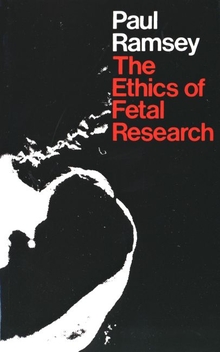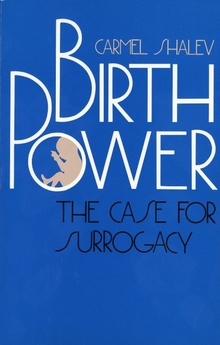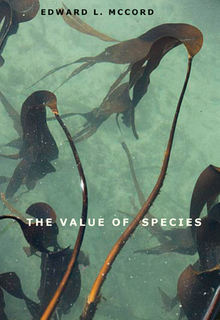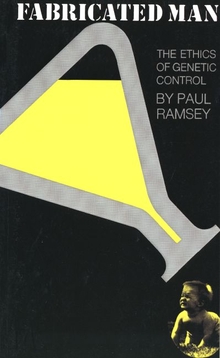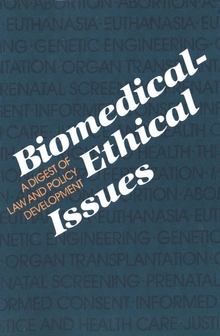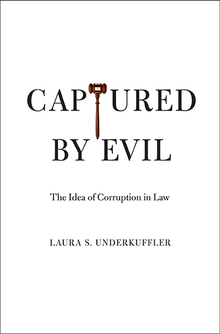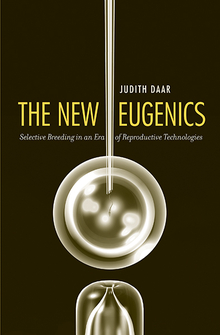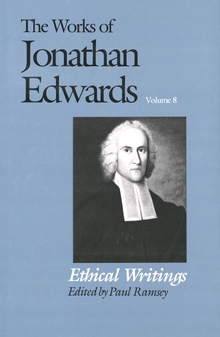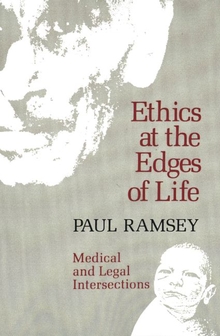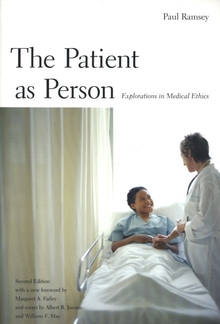The Ethics of Fetal Research
WARNING
You are viewing an older version of the Yalebooks website. Please visit out new website with more updated information and a better user experience: https://www.yalebooks.com
Paul Ramsey
“So here we have an entity too alive to be dead, not mature enough to be a viable baby, yet human enough to be specially protectable.” -- Paul Ramsey
A storm has been brewing over legal and ethical questions raised by experimentation on still-living human fetuses. The discussion is complicated by its connection with the issue of abortion: in recent debates, fetal research has become fetal politics. The Ethics of Fetal Research distinguishes between these two questions.
Paul Ramsey first outlines the various types of fetal research now being done and grants their potential benefits. He then describes the development of proposed American guidelines up to the National Research Act, passed by Congress in 1974. He compares these guidelines with England’s recent “Peel Report.” In considering the moral and ethical problems involved in fetal research, he deals with ways in which medical policy is formulated in the United States.
This important continuation of Paul Ramsey’s contribution to medical ethics does not tell the reader what to think about experimentation on fetuses, but how to think about his new form of human research.
A storm has been brewing over legal and ethical questions raised by experimentation on still-living human fetuses. The discussion is complicated by its connection with the issue of abortion: in recent debates, fetal research has become fetal politics. The Ethics of Fetal Research distinguishes between these two questions.
Paul Ramsey first outlines the various types of fetal research now being done and grants their potential benefits. He then describes the development of proposed American guidelines up to the National Research Act, passed by Congress in 1974. He compares these guidelines with England’s recent “Peel Report.” In considering the moral and ethical problems involved in fetal research, he deals with ways in which medical policy is formulated in the United States.
This important continuation of Paul Ramsey’s contribution to medical ethics does not tell the reader what to think about experimentation on fetuses, but how to think about his new form of human research.
"[Ramsey says] that the fetus is 'live enough not to be dead, not yet mature enough to be an infant, yet a human being enough to deserve protection.'"—Time
"In this most timely contribution to medical ethics, Ramsey . . . considers the emotionally charged issue of fetal experimentation and clearly distinguishes implications of the research itself from the political aspects. He outlines examples of fetal research and grants their potential benefits under certain conditions. . . . This thought-provoking and well-researched volume deserves serious consideration by a wide audience."—Library Journal
"An outstanding contribution to the literature in medical ethics. [Ramsey] has published a definitive work which will be a tremendous help to all of us in perinatal medicine."—Frederick C. Battaglia, M.D.
"For anyone deeply concerned with this debate, Ramsey's book is essential reading."—Commonweal
"Outlines the types of fetal research and the themes in ethical analysis. The NIH provisional guidelines for fetal research in utero and with the live abortus are discussed. [Ramsey] sees the relationship of such research to the whole abortion issue. In conclusion it is suggested that there be concern for the fetus and for the mother's wishes where such research is contemplated. An informed contribution to the discussion from a leading medical ethicist."—Review of Books and Religion
"Ramsey's controlled, rational approach to this touchy, extremely complicated problem is a critical addition to the debate over fetal research, a debate in which there are no ready answers but where the need for reasoned dialogue and sensible guidelines is acute."—St. Louis Post-Dispatch
"To all concerned with the way in which moral decisions are created and enter into the law of the land this book may well be a revelation."—Journal of Medical Ethics
"Princeton's Paul Ramsey is a moral theologian from whom other theologians and ethicists have been learning for years. This volume will prove no exception."—Richard A. McCormick, America
"This is an important book and is essential reading for anyone interested in the ethics of human research."—American Scientist
ISBN: 9780300018806
Publication Date: March 1, 1975
Publication Date: March 1, 1975
96 pages, 5 1/8 x 8

